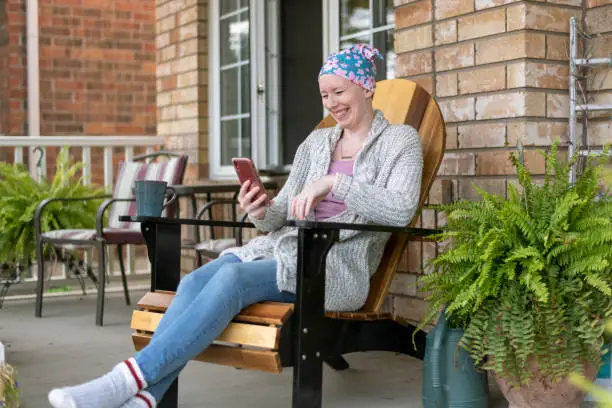Addiction often thrives in isolation. When someone struggles with substance use, they may withdraw from relationships, lose trust in themselves, and feel disconnected from the world around them. In recovery, reconnection becomes an essential part of healing. Community—when built on trust, shared understanding, and support—serves as one of the most powerful forces in rebuilding a life beyond addiction.
Healing does not happen in a vacuum; it grows stronger when nurtured by connection. For many individuals seeking structured, compassionate recovery options, entering professional spaces such as drug treatment centers Asheville, NC programs offers access to intentional communities that support personal growth and lasting change.
Why Connection Is Vital in Recovery
Addiction can distort a person’s self-image and sense of belonging. Feelings of shame or misunderstanding often cause people to push others away or believe that they must cope alone. When individuals begin recovery within a supportive community, they are reminded that they are not isolated in their journey. They experience understanding rather than judgment and encouragement rather than criticism.
Supportive communities help reframe the recovery process as something that can be walked with others, not faced alone.
Finding Shared Understanding Through Peer Support
One of the most powerful elements of recovery communities is the ability to connect with others who have faced similar struggles. Peer support allows individuals to share experiences, learn from one another, and gain inspiration from the progress of others.
The benefits of peer-based connection include:
- Validation of emotional experiences
- Reduction of stigma and shame
- Increased motivation through group encouragement
- Shared coping strategies
- Improved accountability
Hearing from others who are navigating similar challenges helps individuals feel understood and reinforces hope that long-term recovery is possible.
The Role of Group Therapy in Building Emotional Openness
Group therapy sessions provide a structured space to explore emotions, develop communication skills, and receive feedback from others. In these settings, individuals are encouraged to express vulnerability in a safe and guided environment.
These conversations can help heal emotional wounds and dismantle internal barriers that may have previously fueled addiction. As participants share and listen, trust builds over time, creating strong community bonds that support ongoing recovery.
Reconnecting with Family and Loved Ones
Addiction can strain or damage relationships with family members, partners, and friends. Part of the healing process may involve rebuilding trust and improving communication with loved ones. Family therapy and supportive dialogue can restore connections that were affected by addiction-related behaviors.
When family members are educated about the recovery process, they can serve as ongoing sources of encouragement and accountability, helping reinforce progress in a nurturing environment.
Cultivating a Sense of Belonging and Purpose
Connection often leads to renewed purpose. When individuals feel part of a community that believes in them, they begin to build confidence and find meaning in their recovery journey. Belonging can inspire individuals to set new goals, re-engage with their passions, and commit to positive life changes.
Finding purpose may come from:
- Contributing to group support environments
- Helping others who are at earlier stages of recovery
- Pursuing personal or professional growth
- Rebuilding relationships on a foundation of trust
A sense of purpose provides direction and stability, helping individuals stay anchored during challenging times.
Emotional Safety as a Foundation for Growth
Communities built on compassion and understanding foster emotional safety—a critical ingredient in recovery. When individuals know they can express their fears, setbacks, or victories without being judged, they are more willing to engage in honest self-reflection and seek help when needed.
Emotional safety offers freedom from the secrecy that often accompanies addiction, allowing individuals to build healthier patterns of communication and emotional resilience.
Long-Term Support and Sustainable Healing
Recovery does not end after treatment. Ongoing community support is essential in maintaining sobriety and personal growth. Many individuals continue to engage in support groups, alumni programs, and community activities long after completing a treatment program.
Ongoing involvement in community-based recovery efforts helps prevent feelings of loneliness and reinforces accountability. These long-term relationships serve as reminders of the progress made and the shared strength within the recovery community.
Moving Forward with Connection and Strength
The journey out of addiction is not just about overcoming physical dependence—it’s about rebuilding connections with oneself, with others, and with a supportive community. In spaces where empathy replaces isolation and encouragement replaces shame, individuals find the strength to move forward with hope and resilience.
A recovery community is more than a support system; it becomes a source of empowerment, understanding, and emotional renewal. Through connection, the path toward healing transforms from an isolating struggle into a shared journey of growth, strength, and lasting change.

